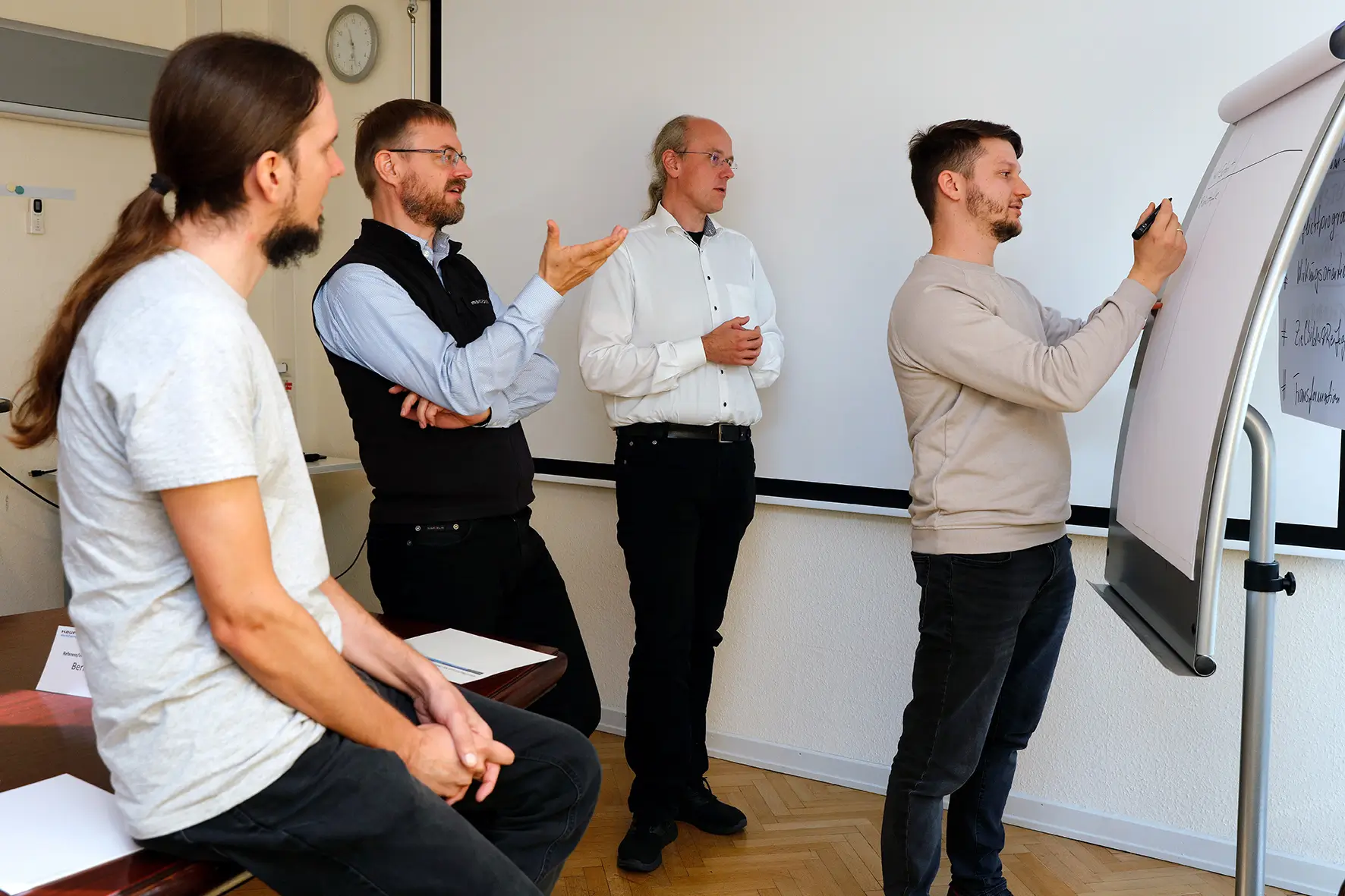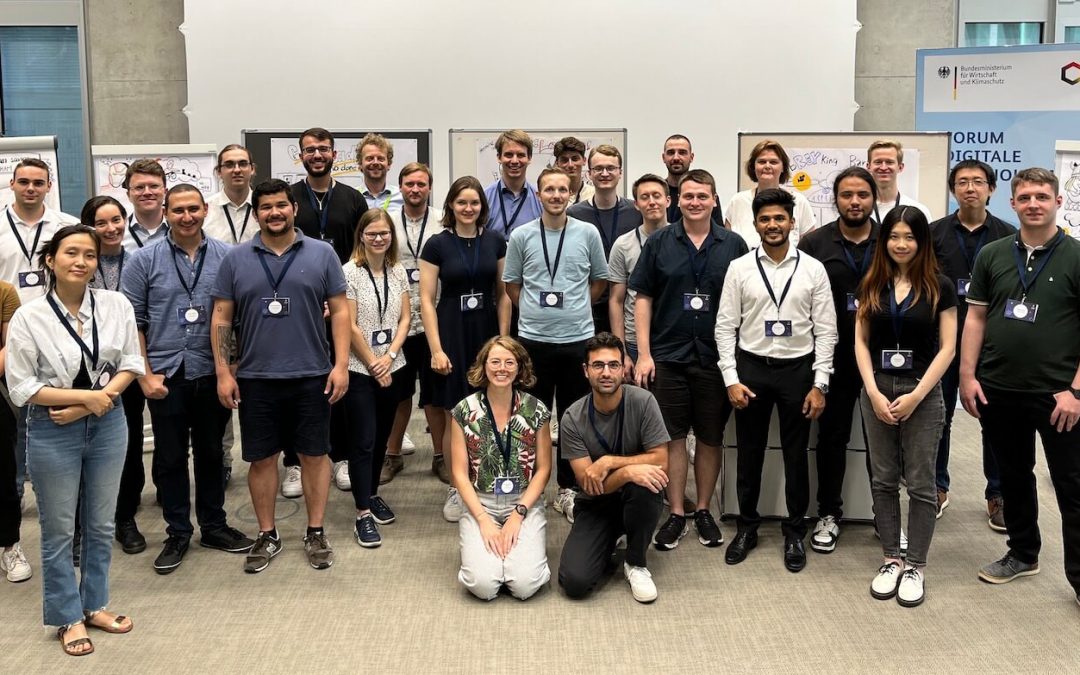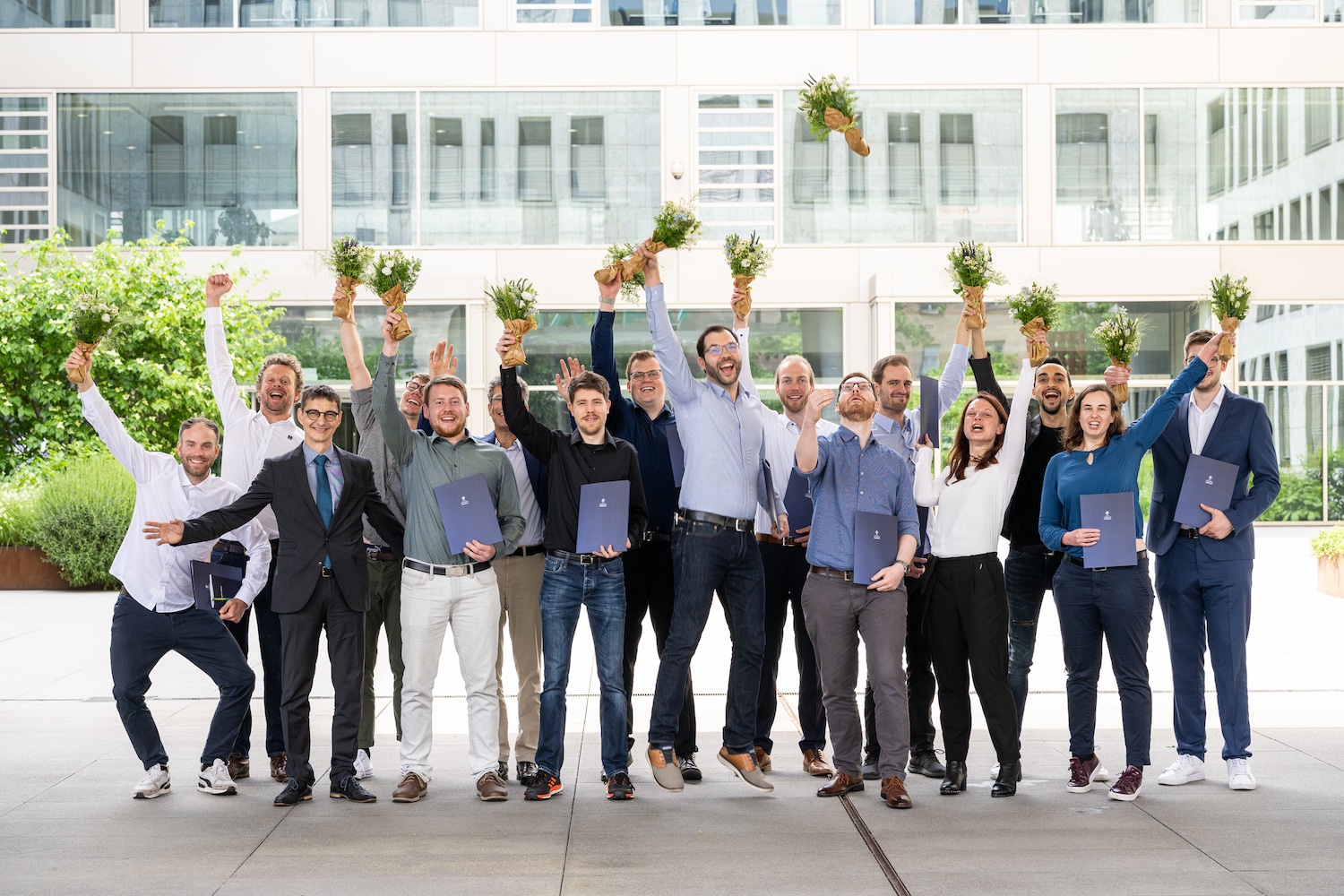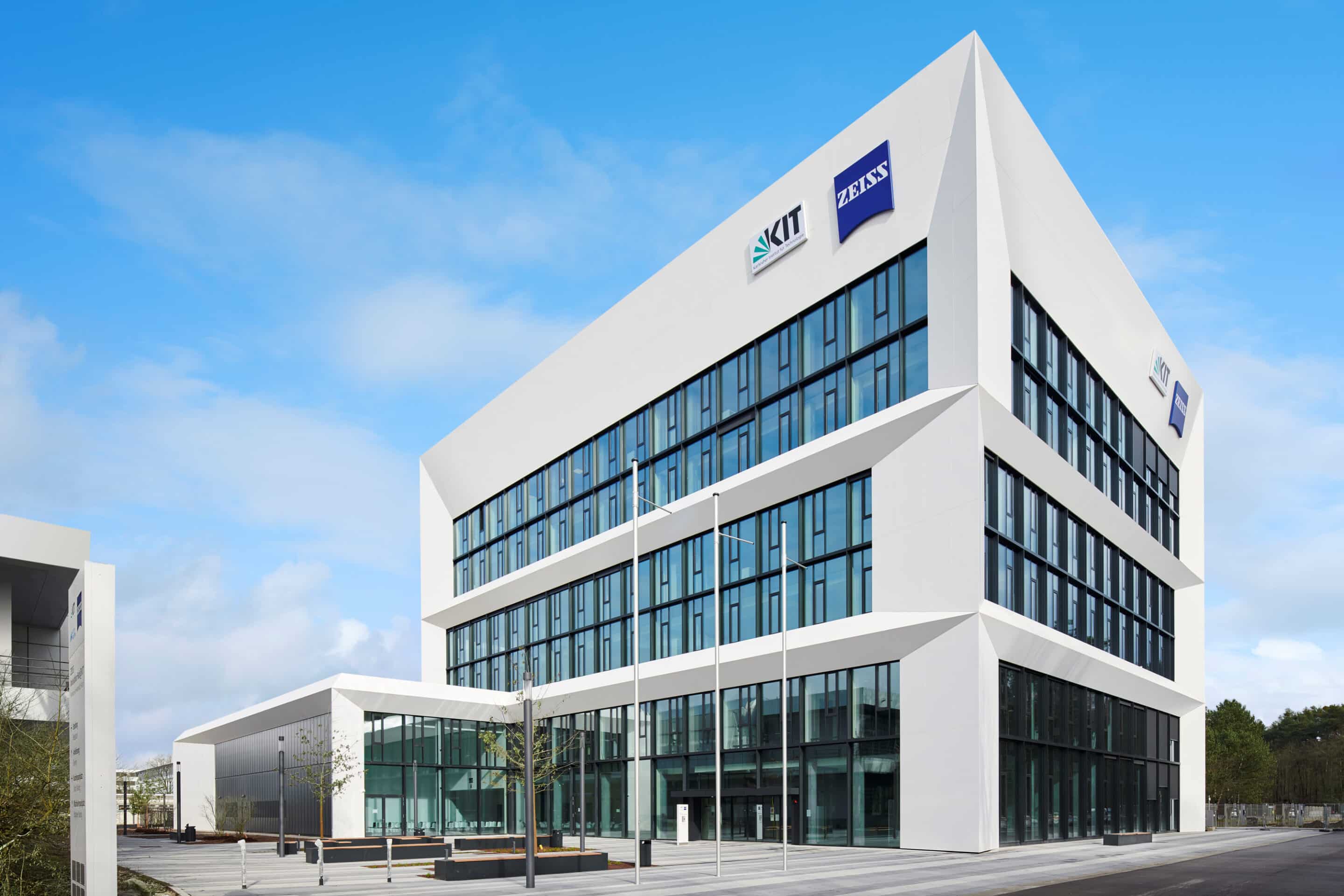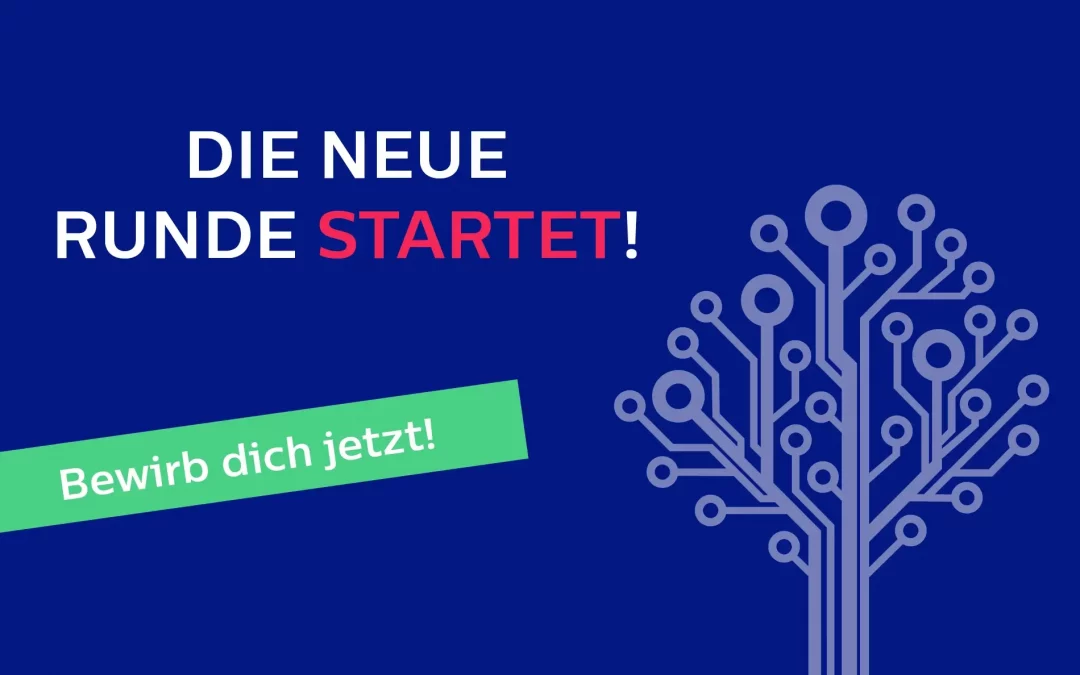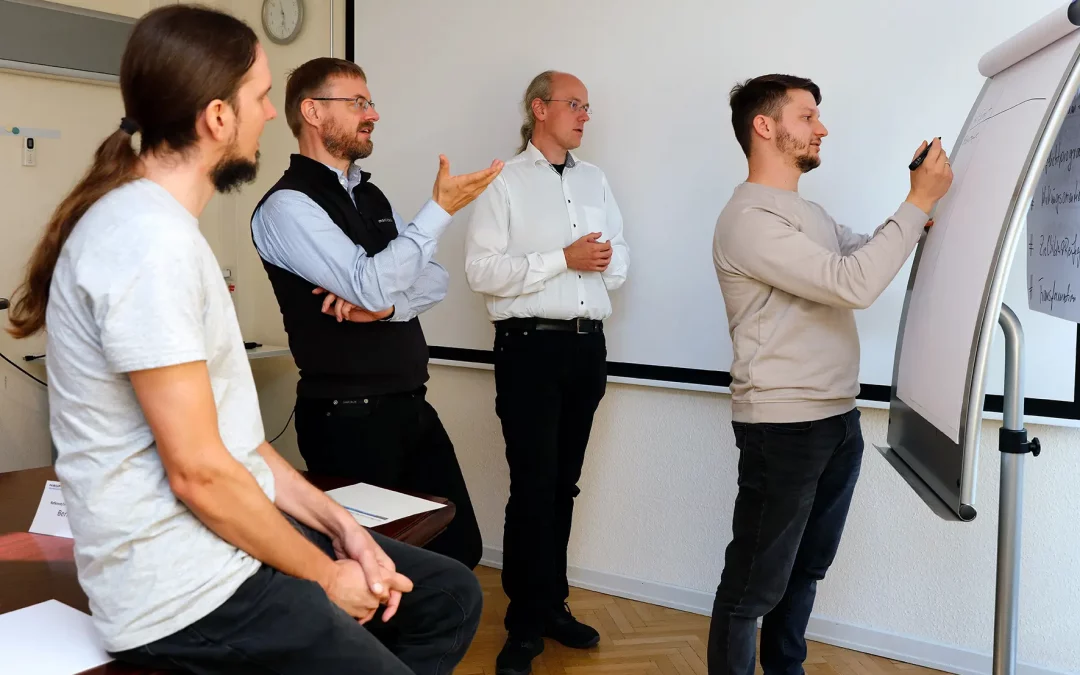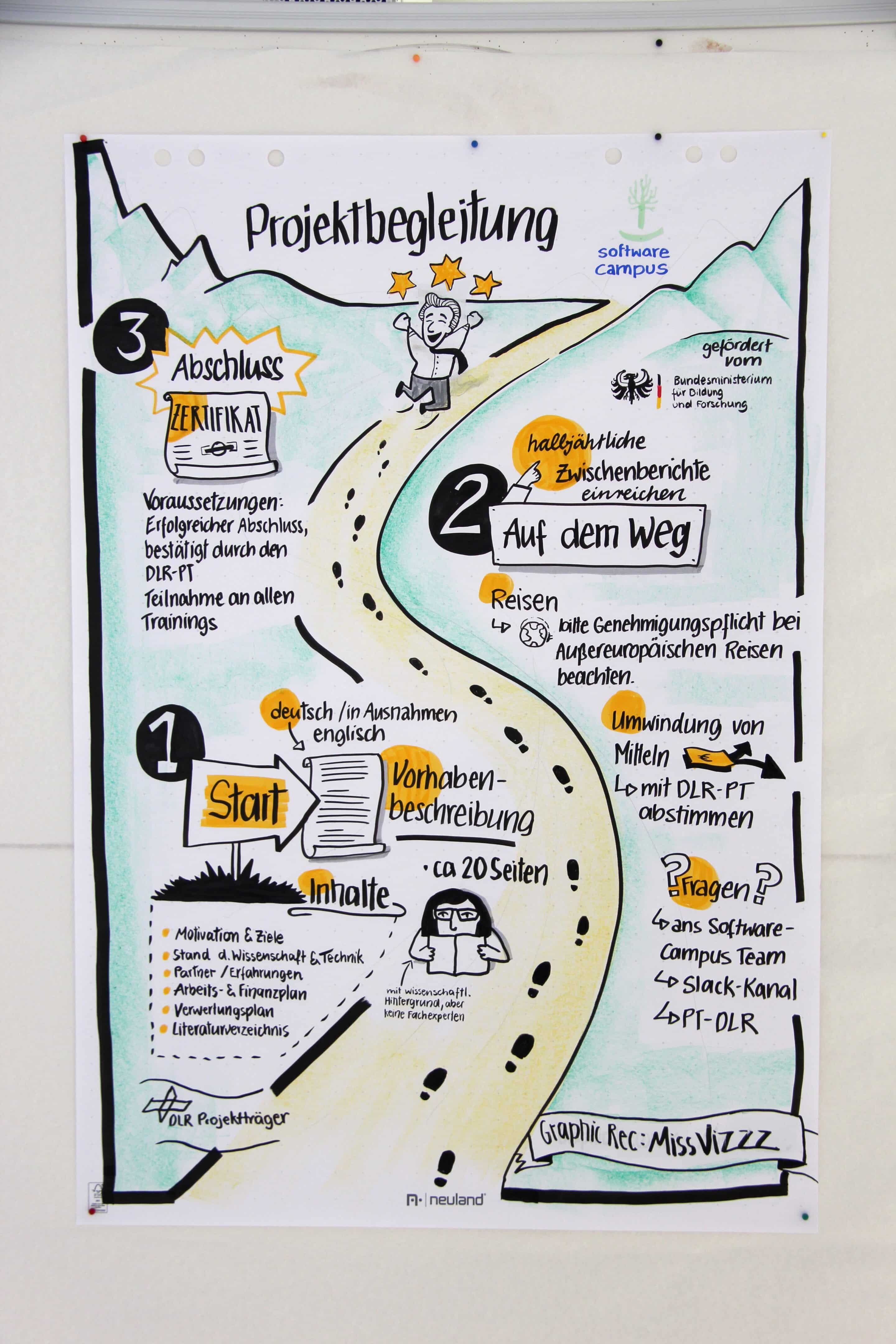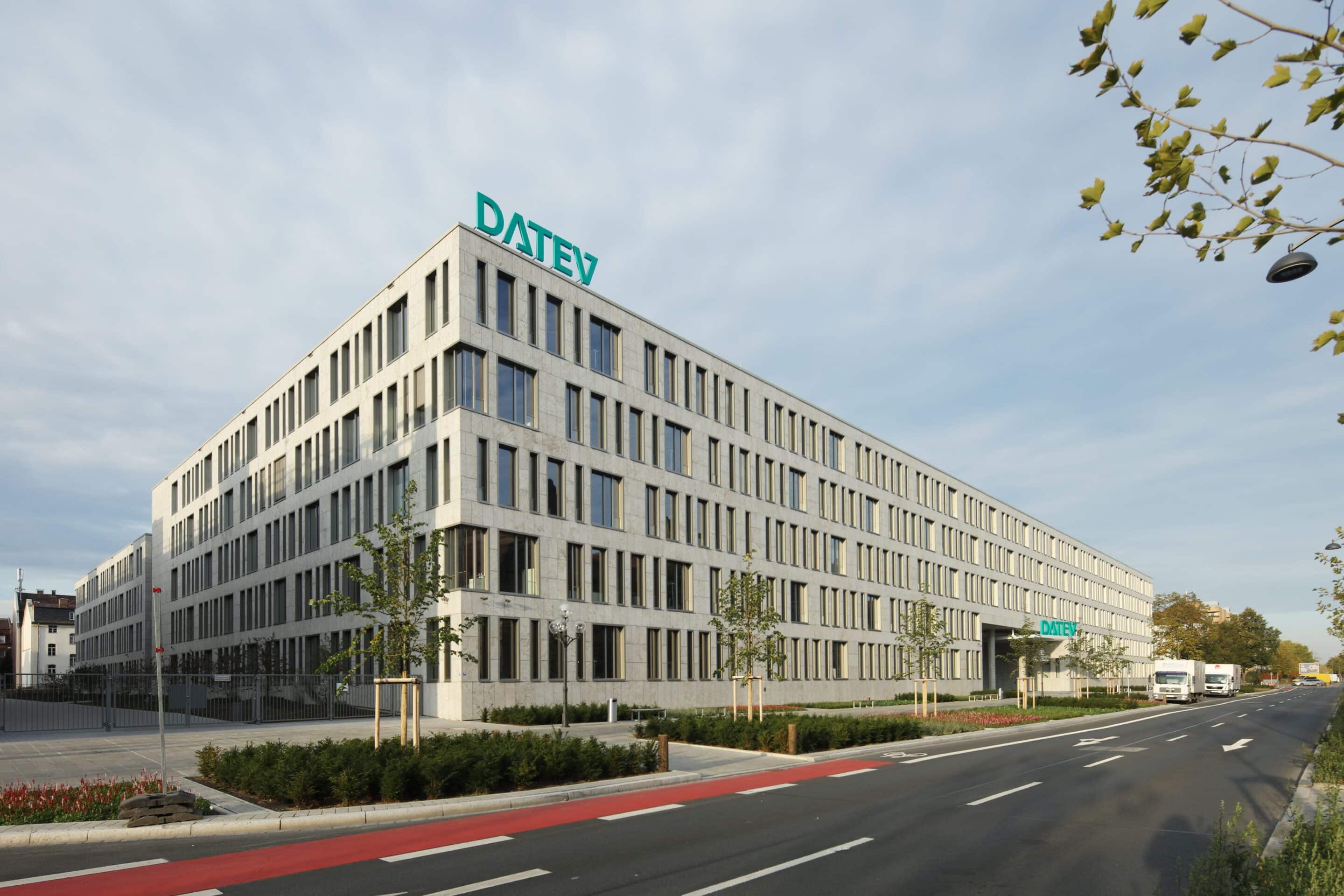Sustainable consuming is important to many people. For example, they buy organic or Fairtrade products, live a vegetarian lifestyle, save energy where possible, use low emission means of transport, or use second-hand and upcycled products. But how does sustainability manifest itself in the corporate context and how can sustainable action be implemented there? Answers are provided by a new training course at the Software Campus hosted by SHS-Stahl-Holding-Saar. Sustainability is a key issue for the steel-producing company. The first low-CO2 steel is to be produced in 2027, and completely CO2-neutral steel production is planned for 2050. The transformation strategy is being driven forward by the Digitalization department, among others, which is also hosting the research projects implemented in the Software Campus.
In the “Sustainability as a corporate strategy” training, the company imparts knowledge and experience on this topic to the program participants. On October 6 and 7, 2022, SHS invited participants to its first training course within Software Campus at the guesthouse of Dillinger Hütte, the largest heavy plate mill in Europe. The training focused on the perspectives and impacts that need to be considered on the path to sustainable business, what this path might look like, and what the drivers and obstacles are. The participants also brought questions along with them: What impact can one person make, can the transformation process be driven bottom-up, how exactly does one achieve change? In addition to the Software Campus participants, employees of SHS as well as the companies Saarstahl and Dillinger also took part, thus broadening the perspectives in the discussions.
Participants learned about approaches to transforming actions in one’s own company. The basis for this is an understanding of the company’s own activities, which is considered in the essentiality analysis: What impact does one’s own business activity have on social and ecological systems? The Framework-PRO-Sustainability is useful for working out which adjustments are realistic in the company and where it is best to start. As a structuring aid, it supports employees and managers in defining individual action steps in aligning the company with sustainability in four stages. Subsequently, a decision is made for each area as to which level is desired and feasible and in which time horizon something should be achieved.
The participants also learned how they can shape transformation design and where fields of activity for innovations lie, whether in product innovations, system innovations or user innovations. Many examples were presented to make new models of thinking tangible, such as pay-per-use, sharing, cradle-to-cradle and modularization. How companies can prove their sustainable management – among other things through audits and labels – formed the conclusion of the training.
Michael Repplinger, coordinator of the Software Campus at SHS, sums up: “The seminar impressively conveyed that companies will only remain viable if social and ecological sustainability are deeply anchored in their culture. To this end, the SHS Digitalization department plays a key role in digitizing the processes in our companies and enabling networking far beyond corporate boundaries. This enables the development of sustainable business models with a closed circular economy starting with raw material suppliers and ending with the end customer.”
© Dirk Martin, Saarstahl AG
